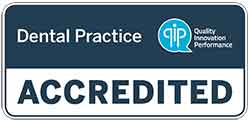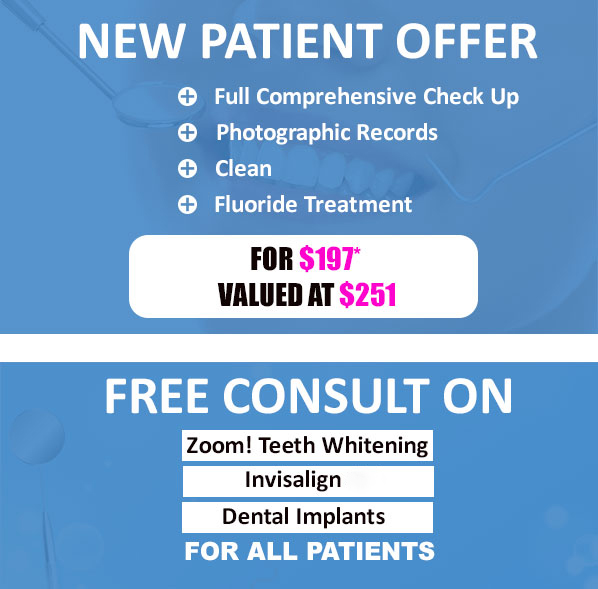As the saying goes, “Prevention is better than cure”, it is advisable to have a routine check and clean every six months.
This helps in detecting any decays or any other problems in the mouth in the initial stages saving on the treatment cost, time and discomfort.
Every individual would collect Tartar because of calcium in our saliva. Calcium crystals would attach to the plaque which leads to tartar deposition. The common sites are inner part of the lower front teeth and outer part of upper 1st molars.
Tartar once accumulated cannot be removed by simple brushing and needs a professional clean to be removed. As the Tartar keeps accumulating it becomes not only an area of bacterial growth but also pushes away the gums away from the teeth which lead to reduced bone levels and gum diseases.
At times patients would form a thick layer of tartar. Once this is cleaned patient would feels emptiness in the teeth. They would also tend to feel sensitivity and wobbliness in the teeth because the tartar has reduced the natural support of teeth and when the tartar is removed the teeth tend to feel wobbly.

During check up the following is done:-
- Medical and dental history.
- Attention to the chief complaint
- Clinical examination of the mouth
- Fluorescence examination to check areas of teeth undergoing a potential decay
- Making intraoral photographic record
- Any kind of gum or soft tissue involvement.
- Xray examination, if required.

- Xray examination, if required.
- Correlating the clinical, Fluorescence and Xray and recording the findings.
- Discussion with the patient regarding the findings and advisable treatment options
- Ultrasonic scaling or cleaning of the teeth
- Apply fluoride foam to the teeth to strengthen the enamel, prevent decay and sensitivity.
- Hygiene, brushing, flossing demonstration and dietary advises.
FAQ regarding check & Clean appointments
Having regular hygiene appointments helps to keep your teeth and gums healthy and free from dental health disease such as decay and gum disease. Having regular hygiene appointments will reduce your risk of having these diseases. Research is showing a growing number of links between oral health and systemic health and keeping your teeth and gums healthy can also play a role in fighting many other diseases.
A Preventive Care service appointment is usually around 45 minutes in length.
Most people require a hygiene appointment every six months to maintain optimal oral health, however individuals with certain dental and health conditions may need to attend more frequently.
Hygiene service appointments are normally pain and discomfort free. Please let us know if you normally have any dental sensitivity.
Adelaide tap water does contain a small amount of fluoride, however the fluoride foam we use is more concentrated and more effective for preventing decay. Fluoride is a major strategy for prevention of decay. The fluoride we use is safe and research shows that when applied six monthly it can reduce decay rates by 28%- an excellent and worthwhile preventive measure.
The frequency of getting X-rays of your teeth often depends on your medical and dental history and current condition. Some people may need X-rays as often as every six months; others with no recent dental or gum disease and who visit their dentist regularly may get X-rays only every couple of years.
Four bitewing X-rays, which is what many people get in a routine exam, give about .005 millisieverts of radiation, according to the American College of Radiology. That’s about the same amount of radiation you get in a normal day from the sun and other sources








